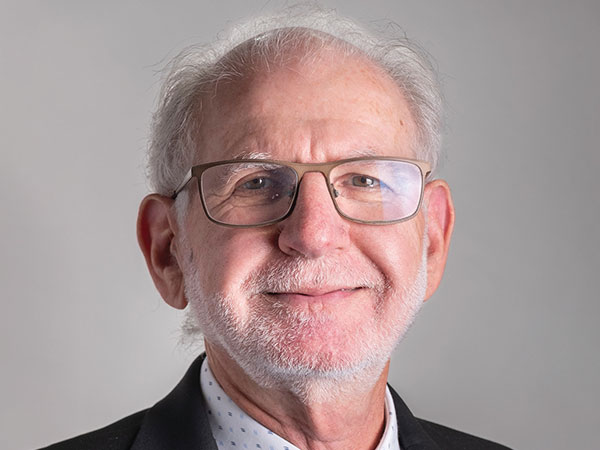Poseida Therapeutics Inc. entered into a collaboration and license agreement with Roche to develop allogeneic CAR T-cell therapies directed to hematologic malignancies.
Poseida will receive $110 million upfront and could receive up to $110 million in near-term milestones and other payments in the next several years. In addition, Poseida is eligible to receive research, development, launch, and net sales milestones and other payments potentially up to $6 billion, as well as sales royalties.
Roche will receive from Poseida exclusive rights or options to develop and commercialize a number of allogeneic CAR T programs in Poseida’s portfolio that are directed to hematologic malignancies.
These include: P-BCMA-ALLO1, an allogeneic CAR T for the treatment of multiple myeloma and for which a phase I study is underway; and P-CD19CD20-ALLO1, an allogeneic dual CAR-T for the treatment of B-cell malignancies with an IND expected in 2023.
The global collaboration covers the research and development of multiple existing and novel off-the-shelf cell therapies against targets in multiple myeloma, B-cell lymphomas and other hematologic indications.
Poseida and Roche will also collaborate in a research program to create and develop next-generation features and improvements for allogeneic CAR T therapies, from which they would jointly develop additional allogeneic CAR-T product candidates.
For a subset of the Poseida portfolio programs licensed or optioned to Roche and the parties’ future collaboration programs, Poseida will conduct the phase I studies and manufacture clinical materials before transitioning the programs to Roche for further development and commercialization.
“Using our proprietary technologies and manufacturing process including our booster molecule, we have the potential to develop and manufacture a product with high levels of stem cell memory T cells, which are correlated with potent antitumor efficacy in the clinic, at a scale that can potentially reach more patients and enable broad commercial use,” Devon J. Shedlock, chief scientific officer of cell therapy at Poseida, said in a statement.
The agreement is subject to clearance under the Hart-Scott-Rodino Antitrust Improvements Act.







